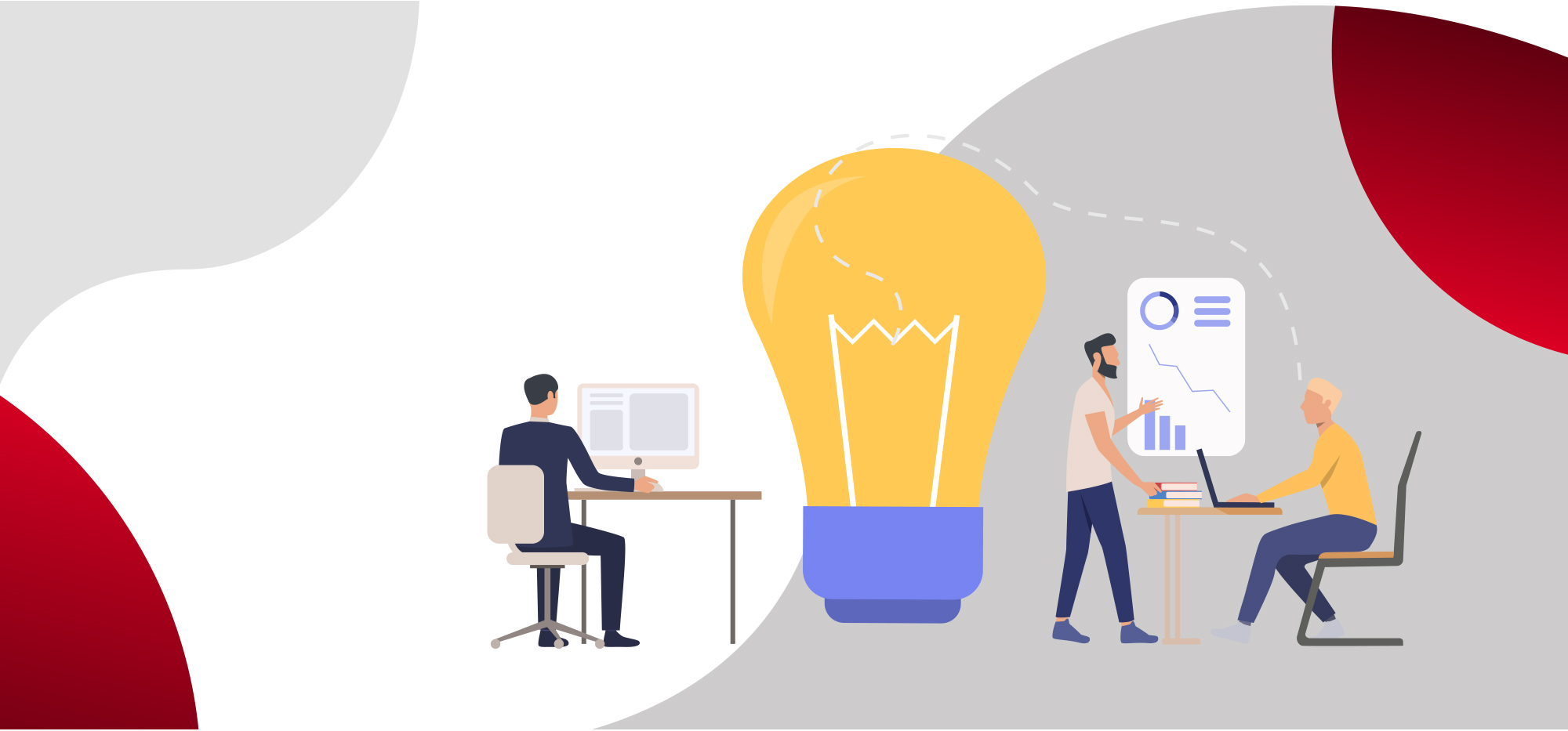Cloud computing has become popular across a variety of industries for a wide range of functions, from basic day-to-day IT support to the hosting of business-critical applications and services. Many industries now look to Cloud, in the context of how it can help them gain a competitive advantage in an evolved marketplace, rather than simply managing straight-forward IT requirements.
Previously, successful organisations in the retail industry built significant branch footprints to ensure strong footfall of customers into their stores and they would then gain significant market share. A common challenge in this approach was stock management; how to address buying trends or even promotional programs – especially at scale and in seasonal environments; or how to accommodate short-term fashions; or how best to manage staff levels over peak-periods such as weekends or holidays. Predicting stock and store readiness has always been difficult and when balanced with operational costs, employee salaries etc, there were always inefficiencies.
Now, the retail business has evolved. Cloud has changed everything. The convergence of Cloud, social media and mobile devices has tempered all these complexities. Customers want online access to the same products, prices and promotions that they get in-store. Customers also expect the same recognition of loyalty whether they buy online or offline.
In correlation to this, customer behaviour becomes more complicated. Customers demand a seamless experience in virtual showrooms and customer service and online purchasing, as if they are visiting the store. Buying has actually increased in complexity even if the buying process has become quicker. Social media has become a tool to compare products in real time and a source to seek peer recommendations. Social is also more believable, thus valuable, to those who use it. Retailers today need to be highly agile and accessible to customers if they want to get the sale!
Retailers can leverage Cloud in many ways to change business operations and drive improved business outcomes. Offline stores and branches are not the main factor of successful business performance anymore.
Another challenge facing retailers is outdated legacy systems running store operations such as inventory, shipping and point of sale (POS) terminals. In retail, stock is the main concern in the business; it has aninherent impact on production and distribution. Production has to calculate and predict how many products need to be produced based on market forecasts. The next step is to manage the distribution process which includes national and international shipments, suppliers, carriers, logistics providers and also the government. This requires visibility into inventory, across transport modes, from order to final destination. Furthermore, it has views and controls to support orders, inventory, shipment plans and trade documentation.
Modern marketing programs come with a variety of attractive opportunities. Customers are now enabled to receive promotional materials with personalised content aligned to their buying behaviour by merging real-world and digital data. Creating in-store experiences for the customers such as the ability to detect and acknowledge the behaviour of customers when they visit the store – and also the ability of sending relevant promotions to attract the customers to visit the store – are becoming more prevalent. Social media is now also regarded as a “must” in order to present an effective marketing tool such as inform, promote and education of the market. Marketing departments can also make a decision on promotional campaigns thanks to data analytics and can easily change prices rapidly to meet changing customer demand or sentiment. This concept is quickly adopted by the sales and marketing departments to organise new product launches or promotions quickly.
Cloud technology has changed the way customers act and raises a host of opportunities for retailers to drive customer loyalty. Soon, every sales associate will use connected mobile devices to change how they interact with customers in store. They will have greater access to much richer data on customer behaviour and will be able to offer personalised sets of products and services. The simple physical presence of a customer in the store may trigger the presentation of personalised promotions. Apart from that, the showroom will also be highly interactive and connected to promotional programs, stock inventory, shipping method – and even the sales associate that can directly suggest to customers where products may be found. When this operation works, it can be done anywhere with any channel, offering swift and seamless user experiences.
With all these operational systems, retailers seek the following benefits:
- Cutting your costs; the top reason for deploying Cloud is lowering IT costs. Cloud benefits include hardware and software cost savings and lower external maintenance costs. Retailers also save money on server and IT maintenance by moving to a Cloud operating model. Lower promotion production costs, budget efficiency on advertising placement are also benefits. Data analytics capabilities also give organisations a real-time view of which stores are most efficient and effective, most profitable and productive which can help shape marketing strategy to bring additional growth benefits.
- Efficiency; Cloud allows employees to work from anywhere in the world at any time through connected devices, so long they have an internet connection. Employees can have access to data in real-time. IT resources are delivered quickly and efficiently whenever and wherever the retailer needs them, at a cost-efficient price.
- Simple IT infrastructure; Cloud is a technology that is simple and quick to deploy, easy to use for IT staff & end users alike and eliminates many software, hardware, cabling & warehousing problems of traditional operational models.
- Buying experience; for the customer it can enhance the buying experience. Customers have an equally positive experience when visiting either the physical or online store.
Cloud adoption is not the single responsibility of IT departments. Departments such as marketing, production, operations and many others have the opportunity, through cloud services, to bring innovative insights and solutions to market more rapidly than ever before, giving them a competitive advantage and driving success and business growth.
(May, 2016)


